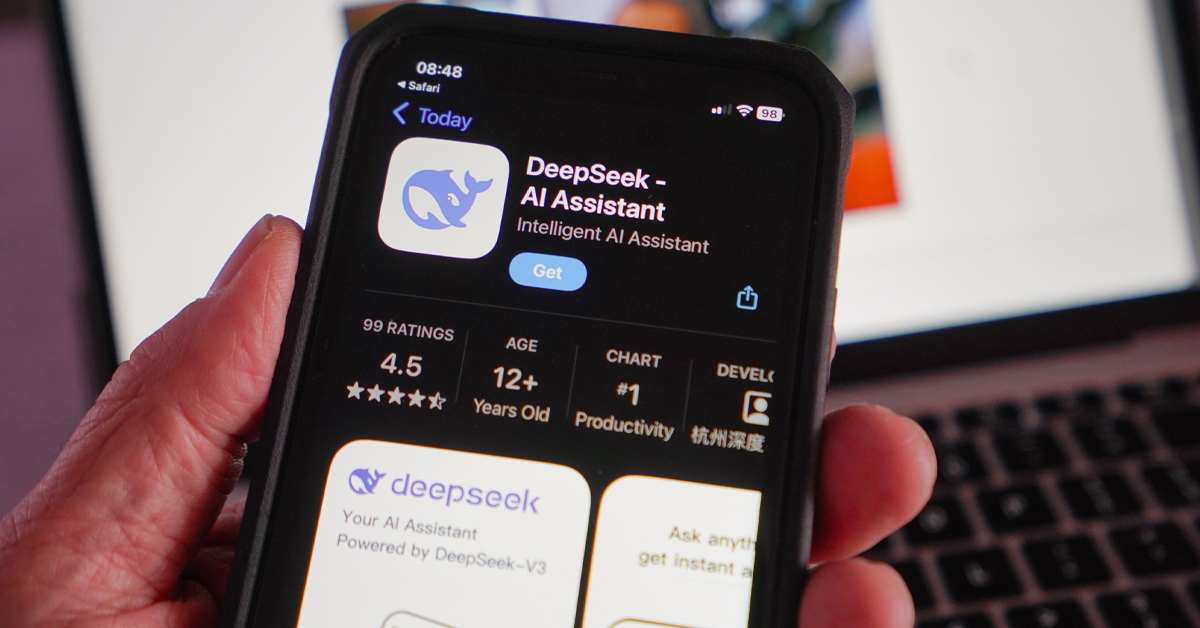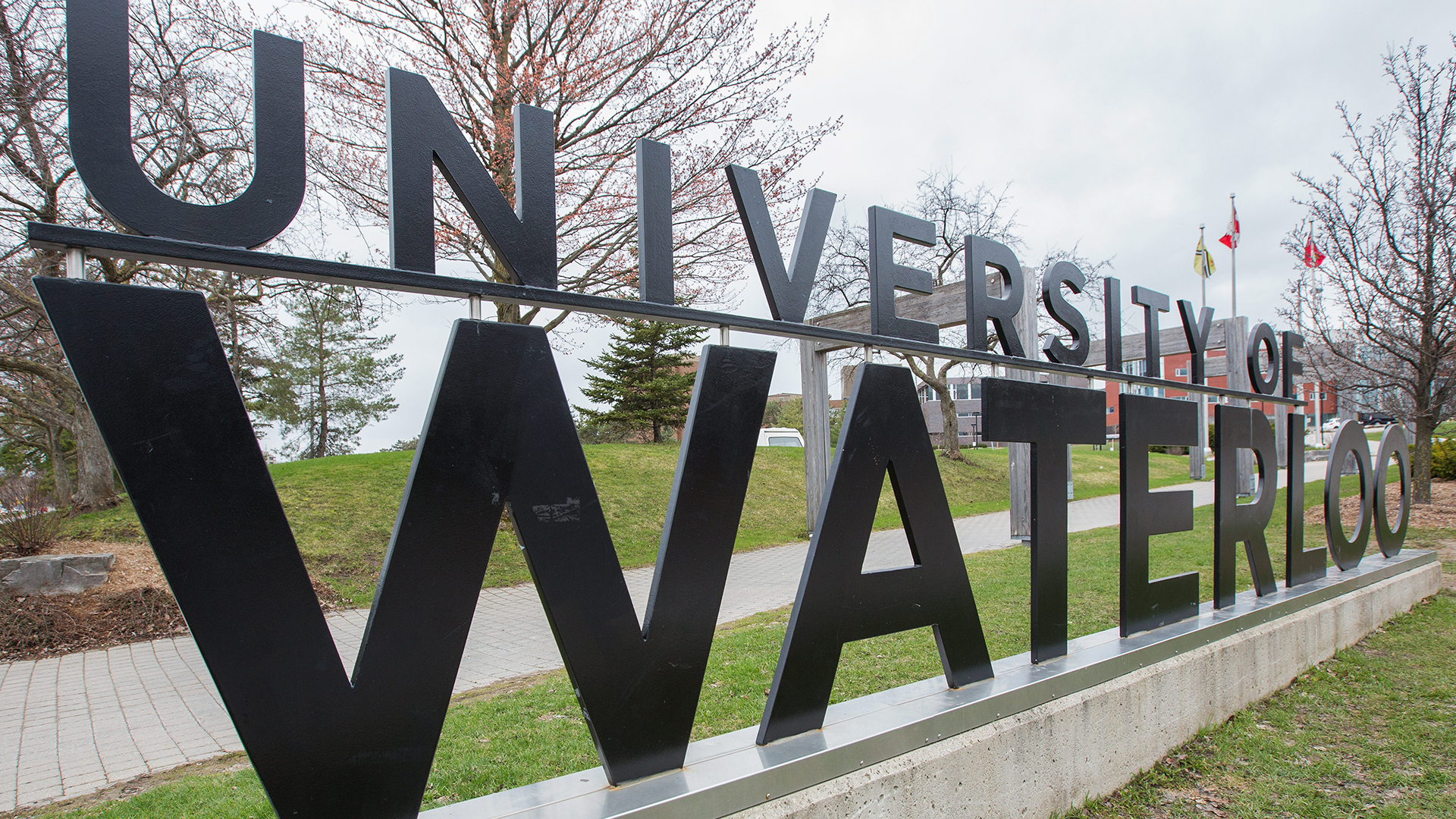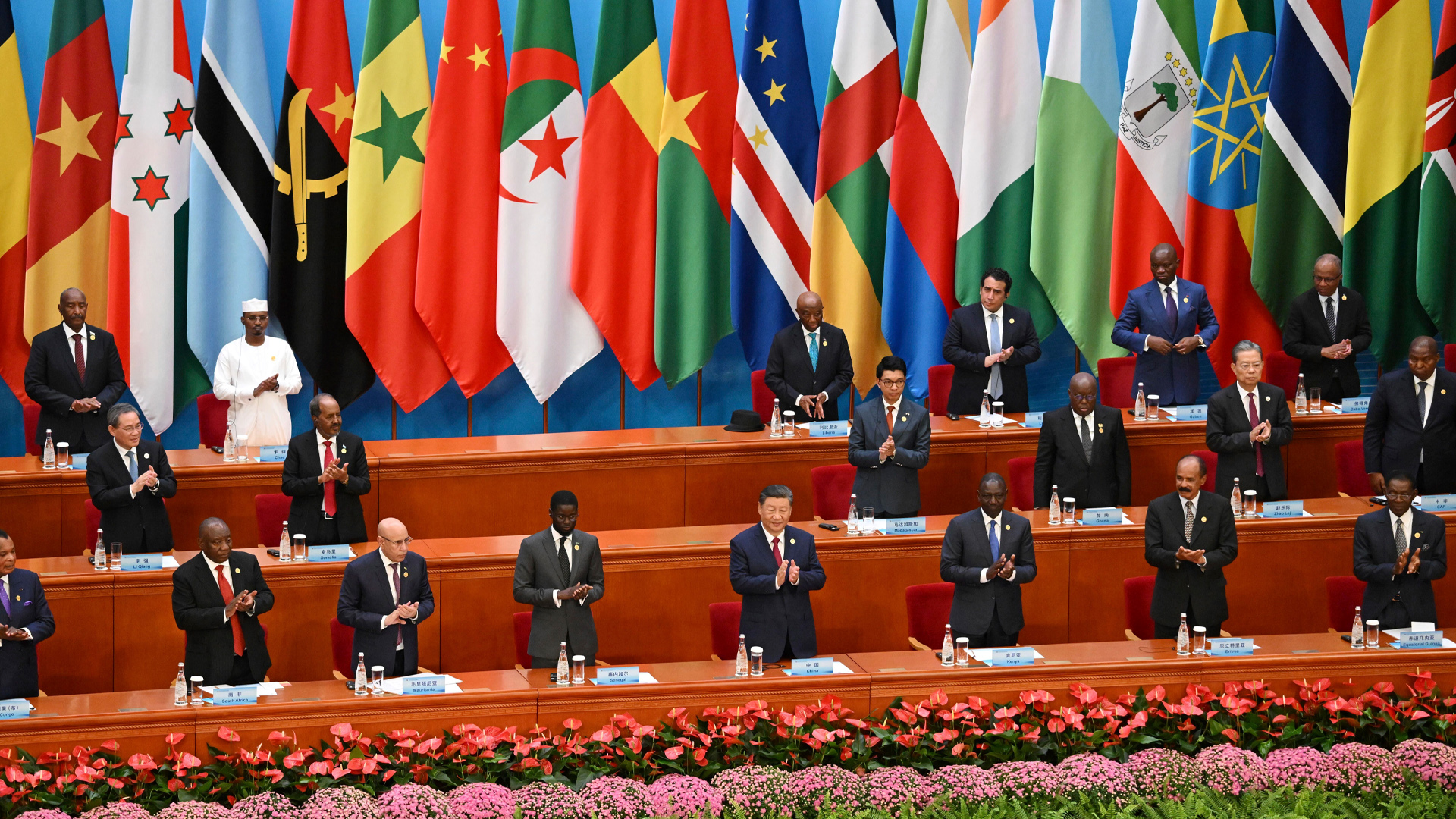
The collaboration of Canadian university researchers with companies and scholars in China has become entangled with growing concerns about Chinese state and corporate activities in Canada.
The federal government has announced there will be a ban on some foreign state-connected universities, research institutes and laboratories that are deemed a “threat to national security” and/or are believed to be at “higher risk” of engaging in theft, unwanted knowledge transfers and interference in research.
Although the countries affected by this ban have not been formally identified, it is a de facto restriction on any collaboration with Chinese scholars and it is unnecessarily heavy-handed with the potential to harm Canada’s research abilities. Rather than implementing restrictive measures, alternatives should be explored.
Where are we and how did we get here?
Huawei Technologies Canada (HTC) has been actively supporting Canadian university research for the past decade. However, CSIS, the Canadian Security Intelligence Service, has recently put intense pressure on universities to cut all ties with HTC and with other Chinese research entities, suggesting the potential for espionage.
Researchers have been sought out by CSIS for interviews – actions that go against the long-standing Pearson-Laskin Accord of 1963. That’s a controversial area, and the University of Waterloo has advised researchers they are not obligated to talk to CSIS agents.
Federal research funding agencies such as the Natural Sciences and Engineering Research Council (NSERC) often match investments from partner organizations – private, public or not-for-profit – encouraging collaboration and maximizing partner contributions.
In the case of HTC, this has been characterized by some media as a government handout – “Canadian governments give Huawei millions of dollars in funding” – but it doesn’t provide the full context. It is a collaboration with matching contributions going to researchers.
In 2021, NSERC introduced research security-risk reviews for its matching grants, transferring grant proposals to CSIS for evaluation. However, this process lacks clarity and specificity, and has caused anxiety among researchers.
These concerns escalated further when federal ministers François-Philippe Champagne, Jean-Yves Duclos and Marco Mendicino issued a joint statement earlier this year stating that funding will be withheld from researchers collaborating with certain foreign entities “that pose a risk to our national security.”
As a result, some Canadian universities severed ties with HTC, marking the first time that researchers in China were deemed unacceptable collaborators. An expanded ban on federal funding is expected soon.
Knowledge discovery is not one-directional
The logic behind these actions revolves around the notion of intellectual property (IP) theft. But these actions are too simplistic and distort reality. It assumes Canadian researchers create IP funded by the public and just give it away to Chinese collaborators or, worse, that Chinese collaborators are stealing Canadian university-generated IP.
It fails to acknowledge that knowledge is exchanged and there are mutual benefits derived from collaborations. Canadian research may lead in some areas but international partners, including universities and companies in China, excel in others.
The benefits of collaboration extend beyond IP creation, with Canadian researchers gaining access to valuable know-how from their Chinese counterparts. Personal experiences exemplify this exchange of knowledge, where both parties contribute to and learn from each other. Information sharing occurs in both directions, leading to fruitful collaborations.
The Canadian research community, despite its relatively small size, punches above its weight internationally. Collaborations play a vital role in this success.
Canada ranks highly in terms of scientific and technical papers published in collaboration with its partners, showcasing the country’s reputation as an excellent collaborator. Losing this reputation will diminish Canada’s impact and prevent its active participation in scientific endeavours.
There may be nothing to steal
A major argument supporting these restrictive measures is that valuable IP is at risk of being stolen. However, there may be nothing to steal, as evidenced by the Waterloo-Huawei Joint Innovation Lab (WHJIL) agreement.
WHJIL projects are researcher-initiated, with proposed projects based on researchers’ interests and expertise. HTC provides broad funding to the university without specifying research topics or projects. The evaluation and funding process involves committees with representation from HTC researchers but with a majority from the university.
Funding decisions are based on scientific merit and alignment with WHJIL’s mandate areas. Researchers are encouraged to publish their findings in international venues (more than 135 publications at last count). All research artifacts – including software, hardware, methods and data – are publicly available.
Additionally, there are no restrictions on students involved in these projects, meaning that their research theses and outcomes are not embargoed, and can be shared freely and openly.
The primary focus of these collaborations is knowledge generation. It is not proprietary IP creation. If IP emerges, ownership is held jointly by the researchers and HTC.
WHJIL’s collaborative research projects place an emphasis on transparency and openness. This challenges the narrative that IP theft through collaborative Canadian university research is unavoidable.
Canada shouldn’t be a leader in restricting research
The federal government’s ban on Canadian research institutions’ collaboration with entities and scholars in China is concerning and goes beyond what other countries have implemented.
According to Jeffrey Stoff, founder of the U.S. nonprofit Center for Research Security & Integrity: “Politicians in the U.S. are starting to have these conversations, but Canada can rightfully say they’re leading the way.” This is not a distinction to which this country should aspire.
It deviates from Canada’s heritage of openness. In 1957, Canada became a world leader in providing a forum for scientists from different political blocks to discuss dangers posed to humanity.
Known as the Pugwash Conferences, these were set up by Canada and financed by a Canadian-born philanthropist at the height of the Cold War because it was important for scientists to have opportunities for open collaboration and discussion – even during periods of high tension.
If the current political environment is so dangerous that it warrants taking such repressive measures, it is the right time to turn to the spirit of Pugwash instead.
Cutting off the nose to spite the face
The restrictions on collaboration with HTC is reported to lead to the loss of up to $100 million in annual funding for Canadian universities. This will mean that Canadian universities will not be able to continue world-class research and training students – and that will affect the Canadian economy.
Some suggest that other Canadian companies will fill the gap, but that’s wishful thinking. There have been ongoing complaints about the lack of domestic funding in research and development in Canada. Canadian gross domestic R&D spending as a percentage of GDP is lower than the OECD average.
The notion of a “Canadian” industry is also problematic because it’s difficult to define one. In many fields, almost all companies in Canada are multinationals headquartered elsewhere. Because of that, if another company fills the gap, the likelihood that IP will transfer out of the country will continue to be a problem.
Post-secondary institutions have no choice but to rely on China for funds
Rather than implementing restrictive measures, alternatives should be explored such as MIT’s university-based, bottom-up process or identifying essential conditions for collaboration. The WHJIL agreement could serve as a template.
Protecting Canadian IP is a valid concern, but the long-term consequences should be considered. Canadian research thrives on collaboration and openness, whereas repressive measures compromise its vibrancy.
Canada should prioritize open dialogue and collaboration and foster an environment of trust, transparency and international co-operation. By doing so, it can maintain its reputation as a hub for innovation and collaboration in research while addressing legitimate security concerns.
The federal government response has instilled fear among those most vulnerable individuals – faculty members, graduate students and postdoctoral fellows of foreign origin. Canada has thrived when welcoming highly qualified individuals from other countries and it benefits from their contributions. This sets a concerning precedent and sends the wrong message.









